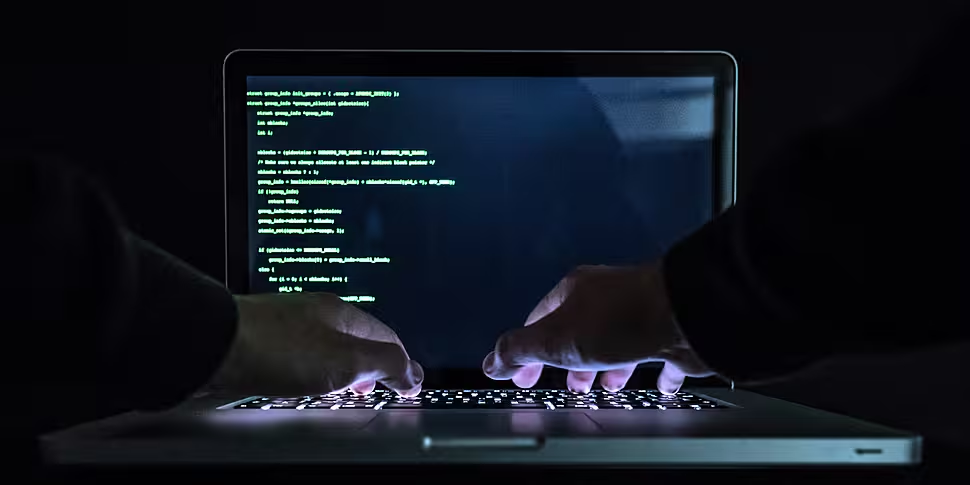Hundreds of people are working to resolve the cyberattack on the HSE.
The Government says its main concern is to resume all medical services as quickly as possible, and "no effort is being spared" to achieve this.
However, it says there is a risk that sensitive medical data could be "abused".
This afternoon the Taoiseach, coalition party leaders and senior ministers met to discuss the ransomware attack.
It comes amid widespread disruption to health services since the attack late last week.
In a statement after the meeting, the Government said the attack was carried out by an international "cyber-crime gang".
They said: "It is aimed at nothing other than extorting money and those who carried it out have no concern for the severe impact on patients needing care or for the privacy of those whose private information has been stolen.
"These ransomware attacks are despicable crimes, most especially when they target critical health infrastructure and sensitive patient data. The significant disruption to health services is to be condemned, especially at this time.
"Any public release by the criminals behind this attack of any stolen patient data is equally and utterly contemptible.
"There is a risk that the medical and other data of patients will be abused. Anyone who is affected is urged to contact the HSE and the Garda authorities."
Earlier, the HSE said it was unable to reassure people that their sensitive medical information will not be leaked online.
Declan Power, an independent security and defence analyst, told The Hard Shoulder the approach to cybercrime in Ireland is too disjointed.
He said: "The groupings that carry these [attacks] out are very sophisticated in how they operate.
"We're hearing they're criminals, but they don't operate in typical criminal fashion: they're being treated like any other business, once they don't get in the way of the authoritarian state that they inhabit.
"They did an estimate of the situation in Europe and came across us for a variety of reasons. It's too simplistic to say purely because we're the linkest link, but probably because of a variety of thing."
He said there is a limit to how much a small state can do, but said there needs to be a much more joined-up approach here - suggesting the current approach is too "ad-hoc".









